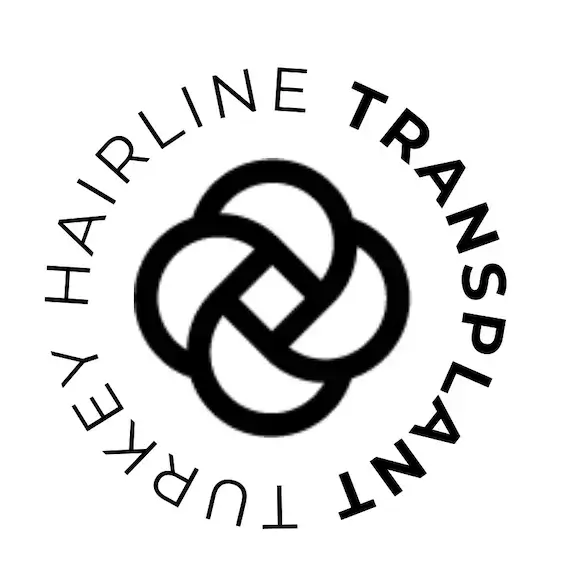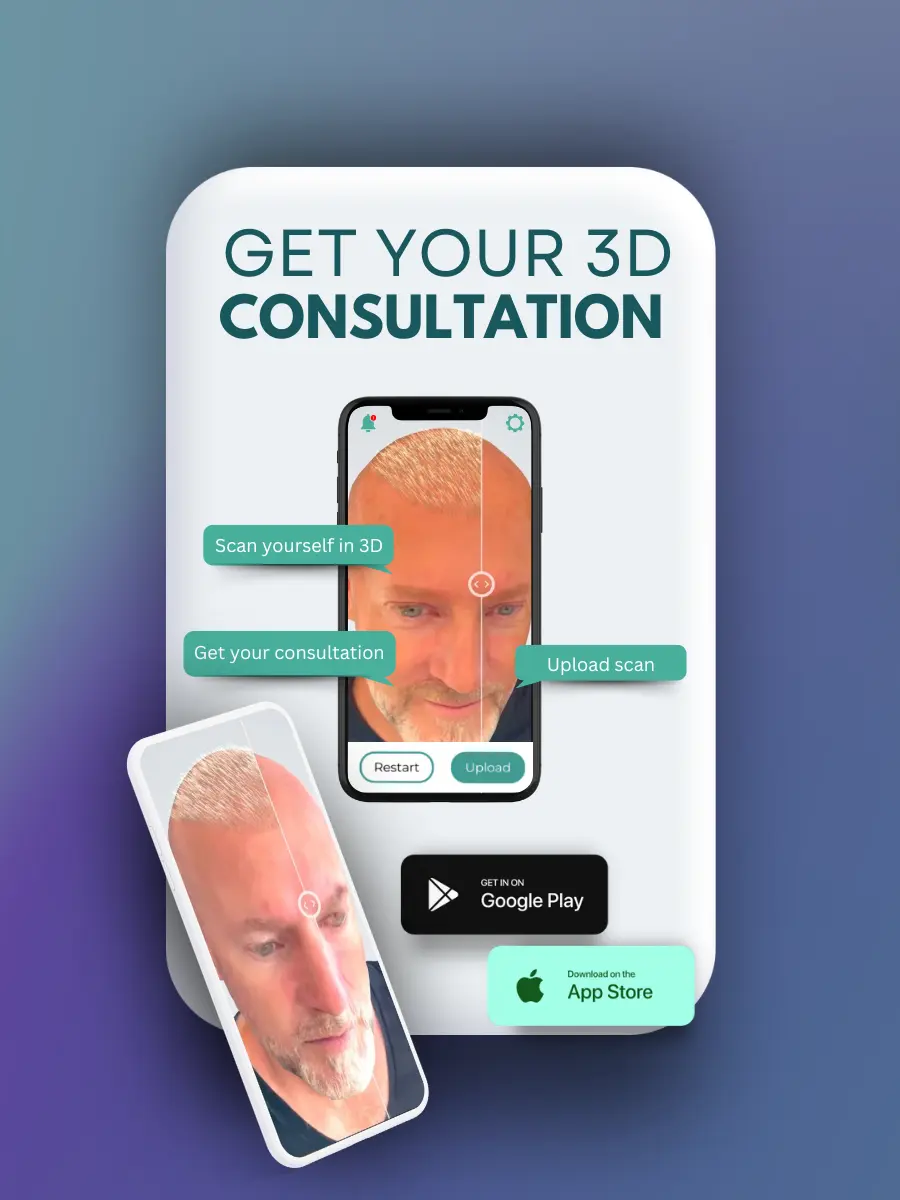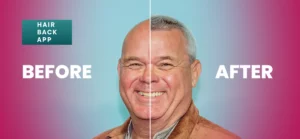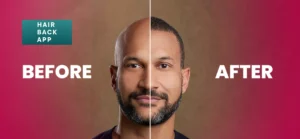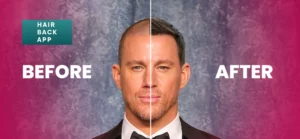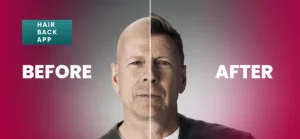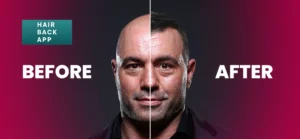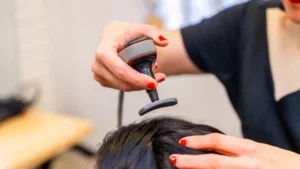Hair loss is a common concern that affects millions of people worldwide. Among the various treatments available, topical caffeine has garnered significant attention for its potential benefits in combating hair loss. But does it really work?
My name is Emma Wright, your resident hair restoration specialist. Today we’ll be discussing the effectiveness of Topical Caffeine for Hair Loss, how it functions, and what the research says.
Caffeine is widely recognized for its stimulating effects on the central nervous system, but its potential benefits extend beyond keeping you awake. When applied topically, caffeine is believed to have a stimulating effect on hair follicles, potentially promoting hair growth and slowing down hair loss.
This has led to the development of various hair care products, including shampoos and serums, that incorporate caffeine as a key ingredient.
How Topical Caffeine Works
The theory behind the use of caffeine in hair loss treatments revolves around its ability to penetrate the scalp and reach the hair follicles. Once it reaches the follicles, caffeine is thought to counteract the effects of dihydrotestosterone (DHT), a hormone linked to male pattern baldness.
DHT can shrink hair follicles, leading to thinner hair and eventual hair loss. By inhibiting the effects of DHT, caffeine may help in preserving hair density and promoting growth.
In addition to its DHT-blocking properties, caffeine is also believed to stimulate blood circulation in the scalp. Improved blood flow can enhance the delivery of essential nutrients to hair follicles, further supporting hair health and growth.
Research and Evidence
While the concept of using topical caffeine for hair loss is promising, scientific evidence supporting its effectiveness is still evolving. Several studies have indicated positive results, though more extensive research is needed to draw definitive conclusions.
One notable study conducted by the University of Jena in Germany found that caffeine can indeed stimulate hair follicle growth in vitro. The researchers observed that caffeine-treated hair follicles exhibited increased growth rates compared to untreated follicles.
Another study published in the International Journal of Dermatology suggested that caffeine-based topical treatments could be effective in reducing hair loss and promoting regrowth in individuals with androgenetic alopecia.
However, it is important to approach these findings with caution. While initial results are encouraging, the majority of studies have been conducted on small sample sizes or in laboratory settings. Real-world efficacy can vary, and individual responses to treatment may differ.

Using Topical Caffeine for Hair Loss
For those considering topical caffeine as a treatment option, incorporating it into your hair care routine is relatively simple. Caffeine-infused shampoos and serums are widely available and can be easily applied during regular grooming practices. When using these products, it is crucial to follow the instructions provided by the manufacturer to ensure optimal results.
Consistency is key when using topical treatments for hair loss. Regular application over an extended period is typically necessary to observe noticeable improvements. Patience is also essential, as hair growth is a gradual process, and significant changes may take several months to become evident.
Complementary Treatments and Considerations
While topical caffeine can be a valuable addition to a hair loss treatment regimen, it is often most effective when used in combination with other therapies. For instance, minoxidil after hair transplant is a well-known topical treatment that can enhance the results of caffeine-based products. Minoxidil works by widening blood vessels and opening potassium channels, which allows more oxygen, blood, and nutrients to reach hair follicles.
In addition to topical treatments, considering surgical options such as a fue hair transplant cost can provide a more permanent solution for significant hair loss. Hair transplant surgery involves the extraction and transplantation of hair follicles from donor areas to balding regions, offering natural-looking and long-lasting results.
For those who have undergone a hair transplant, proper hair transplant aftercare is crucial to ensure successful outcomes. Understanding things to avoid after hair transplant and learning how to sleep after hair transplant can significantly impact the healing process and the overall success of the procedure.
Potential Side Effects and Risks
As with any treatment, there are potential side effects and risks associated with the use of topical caffeine for hair loss. Some individuals may experience scalp irritation or allergic reactions. It is essential to perform a patch test before applying any new product to a larger area of the scalp. If you experience any adverse reactions, discontinue use immediately and consult a healthcare professional.
Furthermore, while caffeine-based treatments can be effective for certain types of hair loss, they may not be suitable for everyone. Conditions like scarring alopecia, where hair follicles are permanently damaged, may not respond to topical treatments. In such cases, consulting a dermatologist or hair loss specialist is advisable to explore alternative options.
Conclusion
Topical caffeine presents a promising option for those looking to combat hair loss. Its potential to block DHT and stimulate hair follicles makes it an attractive ingredient in hair care products. However, while initial research is encouraging, more extensive studies are needed to fully understand its efficacy and long-term benefits.
For those considering topical caffeine as part of their hair loss treatment plan, consistency and patience are essential. Combining caffeine-based products with other treatments, such as minoxidil after hair transplant or even considering a fue hair transplant cost, can enhance results and provide a comprehensive approach to managing hair loss.
Ultimately, individual experiences with topical caffeine will vary, and it is important to consult with a healthcare professional to determine the most suitable treatment plan based on your specific needs and condition.
